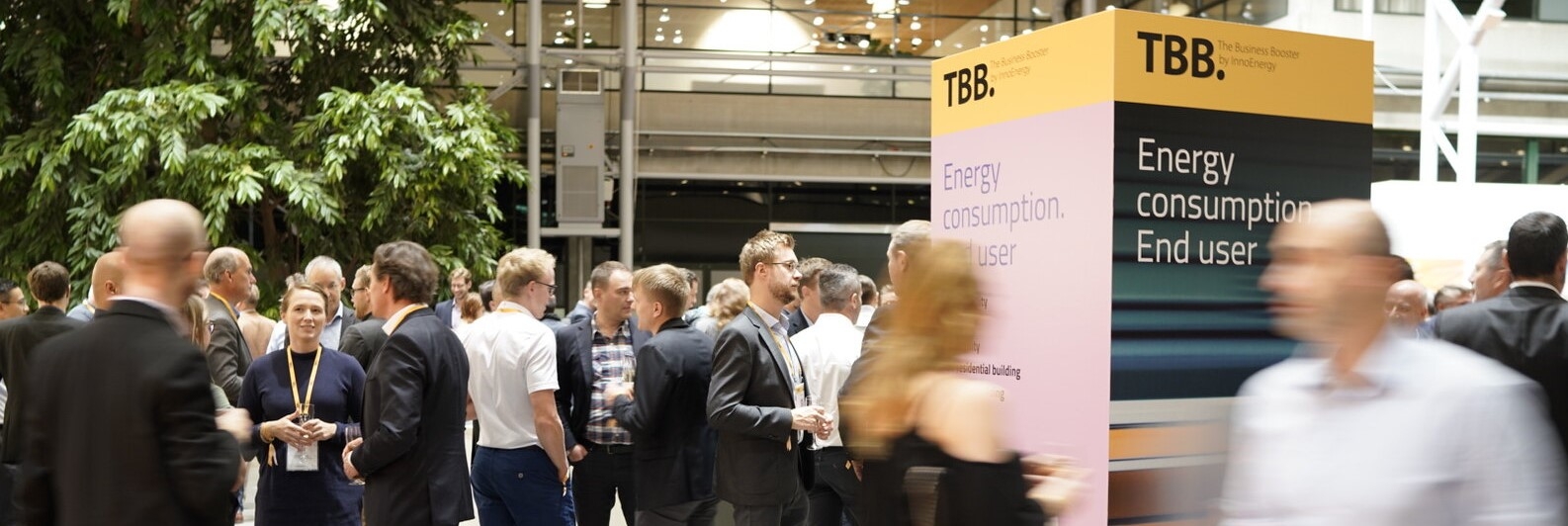A Polish company EcoBean will create coffee ground straws for Starbucks

The coffee shop chain is working on such a project with a Polish start-up EcoBean, supported by EIT InnoEnergy. The company wants to use grounds in other ways as well. Companies are working on the possibility of creating straws made from used coffee grounds collected from coffee shops. Initially, they will be distributed as a test by 22 coffee shops in Warsaw.
Starbucks reducing waste and carbon emissions
Starbucks is developing a project with EcoBean, a Polish start-up originating from the Warsaw University of Technology. This is the first initiative of this kind in the café market in Poland. The new biodegradable straws are expected to comply with the “plastic” directive banning the use of many biodegradable polymers in beverage straws from July this year. This is yet another step Starbucks is taking towards its global goal of reducing waste and carbon emissions by 50 percent by 2030.
Marcin Koziorowski, CEO of EcoBean
“Our project is 100 percent zero waste. Used coffee grounds are packed into so-called EcoBoxes. When these are fully filled, they are picked up and sent to our facility. There they will be processed and shaped into practical straws that, once used, are returned to us to get a new life. It is a perfect solution, bringing only environmental benefits”, says Marcin Koziorowski, CEO of EcoBean.
Kasia Pijanowska, marketing manager at Starbucks Poland
“We have been supporting the project since the beginning and now we are moving to the next stage, the testing phase, in which our coffee shops will give coffee grounds to EcoBean, from which straws and other environmentally friendly items will be produced. Until recently, coffee grounds were treated as waste – now there are more and more ways to reuse them”, says Kasia Pijanowska, marketing manager at Starbucks Poland.
“Coffee straws are just one their great ideas. The reuse of grounds alone will soon allow us to reduce the amount of CO2 released into the atmosphere by up to 400 kg per tonne. Just as importantly, by replacing paper straws, we save trees that can still absorb dust and carbon dioxide from the air”, she adds.
EcoBean as a winner of PowerUp!
EcoBean has been supported by EIT InnoEnergy since 2019, when it was selected as one of the PowerUp! winners, a competition for start-ups organized by EIT InnoEnergy in Central Europe.

